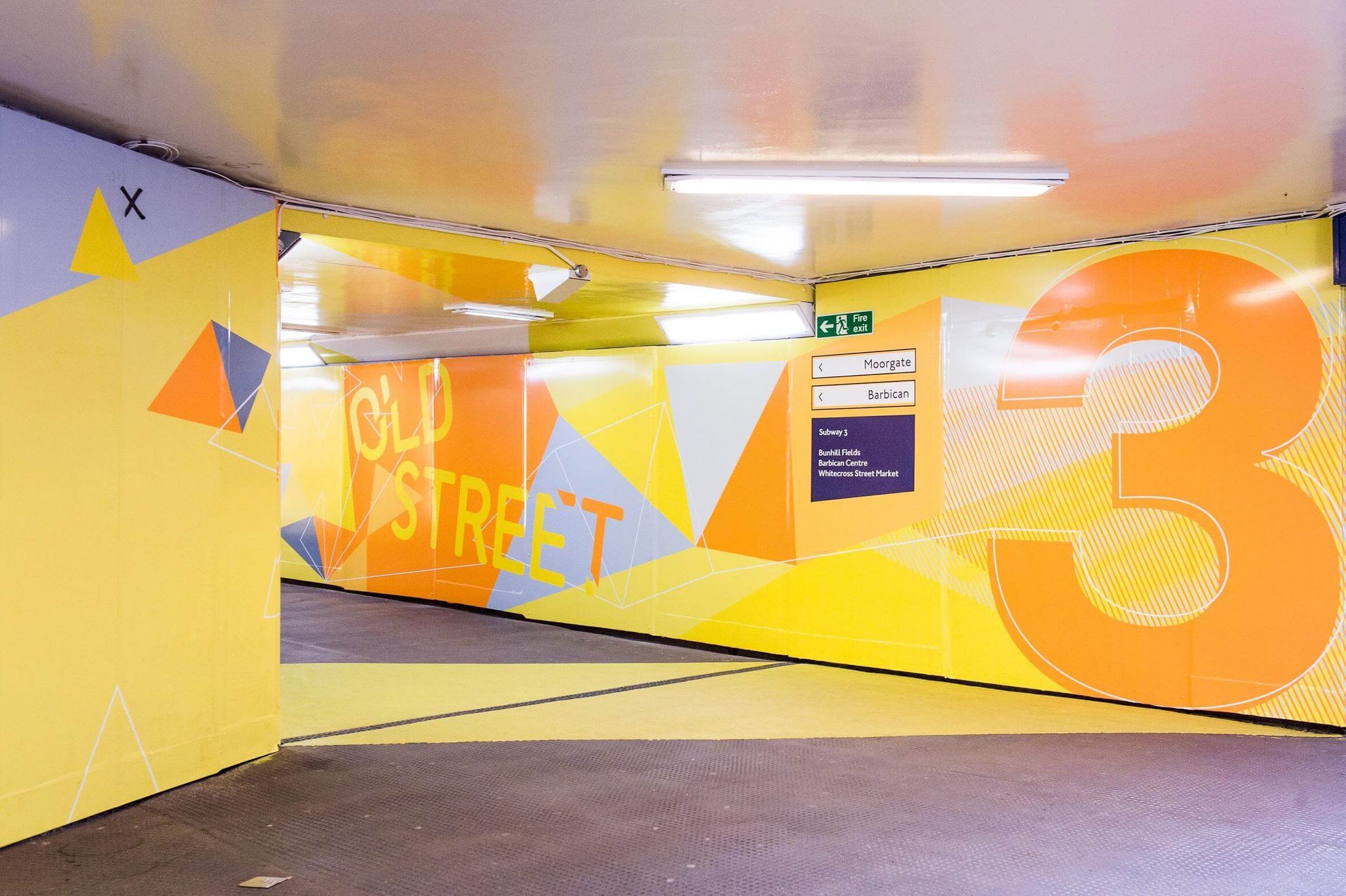After more than a year of successive lockdowns and curfews, it seems like we are all looking forward to going back to the office and enjoying some face-to-face time with our colleagues. However, at Stuart, like at many companies, the experience of working remotely during the Covid-19 pandemic has spurred a desire for a hybrid work framework that combines on-site and remote working. Indeed, surveys show that 68% of employees would like to have at least two days per week of paid workdays at home.
A desire for a new hybrid work framework
Whether it’s because they feel more productive doing daily tasks at home, because it allows them to maintain a better work-life balance, or because they can use their small breaks during the workday to run an errand or walk their dogs, there are many reasons why employees enjoy a few days working from home.
For many workers, the desire to switch from a mostly office schedule to a mix of home and office work seems mostly driven by the time lost in a daily commute. For some it seems, it’s more attractive to have the option to start your day from home by logging into Google Meet and connecting to Slack rather than commuting to the office five days a week.
From how they reallocated their commuting time, what they missed about on-site working, to the surprising value of a daily commute, our Stuwies weigh in on the future of commuting in a post-Covid world as they share their personal experiences.
Dealing with time and energy-consuming commutes
For some of our Stuwies living far away from the office, working from home can offer the opportunity to reduce commuting or avoid it altogether. That’s the case for Alasdair, our Operations Executive in London, who saw one bright spot in the sudden switch to remote work during lockdown: “‘I live in Surrey, so when lockdown first hit it was amazing to get back some of the time and money I used to spend on the commute into London. I take a train and then the tube to get to work, so I got over 2 hours of my day back.” Malko, our Senior Regional Manager in Paris, feels the same way: “Commuting in Paris can be a huge waste of time some days. Working remotely made me realise that. It helped me save a lot of time.” A daily commute is indeed time-consuming, especially in metropolises like London or Paris. According to a study by the U.K Department of Transport, London’s workers spent an average of 1 hour 32 minutes travelling to and from work every day in 2019.
Marlen, one of our Mobile Engineers in Barcelona, used to spend up to 4 hours of her day just commuting and admits to having developed a skill which consists in waking up exactly at her train stop. Living in the suburbs of Barcelona, her options are very limited. She depends on public transportation, with incidents on her train line sometimes leaving her stranded halfway through her journey with no possibility of taking another method of transport. On multiple occasions, she’s had to call friends to pick her up. Her only other available option would be to drive into the office, but the dreadful traffic jams made her pick a complex bus-train-metro combo over a car ride. Alasdair finds himself in the same boat, as there are “very few routes one can take from Leatherhead to Old Street.” It basically comes down to a choice between a bus line or the tube after a 40-minute ride on the South Western railway to Victoria station. An easy pick for Alasdair who’s a big fan of the tube over the bus and enjoys his breakfast on the walk from Old Street station—his last stop—to the office.

Carlos, another member of our Mobile Engineer team in Barcelona, also lives outside of city limits and faced a similar dilemma as his colleague Marlen. Both Marlen and Carlos said time was the number-one criteria when it comes to deciding what type of transportation they’d use. Although Marlen didn’t picture herself driving daily to the city, Carlos made the opposite choice. His commute by car takes about 40 minutes, while it would take him around an hour and a half to complete the journey by public transportation. And let’s face it: traffic jams aside, driving is usually much more comfortable than trains, subways, and buses. Who can claim they’ve never cramped his neck falling asleep against a bus window?
Though driving can seem the more attractive option, long commutes, no matter their form, can cause undue stress on the human body and mind. Studies have shown consistent long commutes can lead to aches and pains, sleep deprivation, problems with concentration, and excessive stress. They can also make us miss out on time we spend with our family and friends, and on the activities that help us recharge. For Marlen and Alasdair, regaining those two to four hours a day meant more time to focus on self-care and personal activities. Though he admits to not being totally consistent with his schedule, Alasdair used his extra two hours to head to the gym after work.
Reallocating commute time
Reclaiming time to focus on his physical well-being is a need he shares with employees who have significantly shorter commutes. It only takes Liv, our Business Process Manager in London, between 30 minutes and an hour to come to the offices in Central Street on her 10-km bike ride from home. But during the pandemic, she used this extra time to follow a yoga teacher training qualification which required about two hours of work a day, effectively replacing her commute time.
For some other of our Stuwies, these extra minutes or hours mean more shared time with their family. “The more work from home the better,” says Carlos, whose daily commute by car from the suburbs of Barcelona meant less time with his children. Sunny, our Senior Account Manager in London, shares a similar experience. Although she lives very close to work, she cherishes the extra time she can share with her fiance on the days she chooses to work from home. Overall, most of our Stuwies feel positive about working from home after the pandemic, and for some of them, it actually facilitates their ability to do some deep work where they need to focus solo on some tasks. This is particularly true for engineers like Marlen who are coding. Is this enough to switch completely to remote working though? Well, not quite.
The benefits of on-site working
Collaboration is the cornerstone of Stuart’s company culture and although we’ve adapted our communication strategies during the pandemic to stay highly efficient and productive, creativity in a workplace often comes from informal interactions: discussions around the coffee machine, talking over lunch and during afterworks can actually spur innovation. Sunny, who comes to the London offices between two and four times a week, couldn’t agree more: “I choose to come into the office for better interpersonal interactions, social lunches or drinks with colleagues, and important business meetings that are just more efficient in-person rather than online.”
Working remotely can be particularly challenging when teams need to collaborate closely. Indeed, we’re less likely to get in touch with new team members and connect with other teams while working remotely, thus hindering our potential to create new ideas. For example, in order to drive the Agile Culture in our company, Leo Boni, our Head of Agile, believes in getting Engineering teams together in the same place during the “shaping” week—where the teams define the problem to be solved and the risks of not taking care of it—as a way to keep team collaboration and team dynamics on a high level.
Even for our Stuwies with long commutes, working full-time remotely is not the preferred option
Just like Sunny, Marlen is an adamant advocate for in-person teamwork and pairings: “I love social interaction. I think everything goes faster this way than virtually.” In the end, it’s all about finding a balance that works for each individual. At Stuart, we want to make sure that every employee finds a work-life balance that they feel comfortable with. “Having the flexibility to go to the office or stay home gives me the perfect balance,” says Marlen. Her colleague Carlos confirms: “I like to go to the office twice a week to see others' faces and meet in-person. So for me, a mix of working from home and office work is perfect, especially for fathers like me!”
The value of a daily commute
Can we all agree then? Commuting is a necessary evil to enjoy the benefits of on-site working? For some, perhaps. But what if commuting actually had benefits of its own? For Liv, commuting does much more than get her to and from her place of work. It actually helps her to separate work from home life. When your home becomes your workplace, it can be hard to disconnect and log off at the end of the day, especially if your work is still in progress. Studies have shown that managers actually worked longer hours while working from home during the Covid-19 pandemic. On the contrary, commuting can have this positive effect of helping us detach from our work; the physical act of leaving our workplace helps to set up boundaries between work and home life and to avoid burnout. As soon as we start riding the subway or our bike back home, we can start recovering mentally and physically and make sure we head out the next morning with a clear and unencumbered mind, which is key to being productive.
For Nishma, our intern in the Talent & People Team in Paris, her commute is an important and integral part of her day. In the morning, she usually takes the bus and starts off her workday by listening to work-related podcasts like “Worklife” by Adam Grant. Even for others who prefer to let their mind wander, the morning commute is the moment where thoughts of work usually arise, preparing us for what’s next. What may seem like time wasted at first can, in fact, be a useful moment to gather thoughts; whether it’s making a mental to-do list or thinking about an upcoming meeting and the ideas you may want to pitch to your manager, your morning commute allows you to be prepared by the time you arrive at the office.
In the evening, Nishma’s 30-minute walk home is, on the contrary, the perfect way to disconnect from work, a breath of fresh air where she can relax by listening to some music while enjoying the beautiful views of Paris and its quaint cafés, quite a change for her from exhausting commutes in the infamous “Mumbai Local” trains.

According to some of our Stuwies, commuting can, in fact, become a pleasant routine. Liv reckons her 10 km bike ride from her home to the office, when she gets to take in the views of London, is beneficial to her physical and mental health. As for Peter, our Lead User Experience Researcher, he shares Liv’s and Nishma’s needs for contemplation of his city landscape, Barcelona. And let’s be honest: you get to enjoy the views way more in Barcelona’s mild temperatures than under Paris’ and London’s rainy skies!
Putting to use her Bicing annual subscription offered by Stuart, Patrycja, our Talent Acquisition Specialist in Barcelona, is on a time-trial every morning to get to the offices in less than 7 minutes. Her tip for top performance? Boosting her confidence by listening to some music right before she grabs her bike. “Happy” by Pharrell Williams, “Man I Feel Like a Woman” by Shania Twain, or “Cosmic Girl” by Jamiroquai really help her race against the clock! For those not lucky enough to live as close to the office like Carlos and Alasdair, immersing themselves in a podcast is a good way to pass the time. Both like to start off their day with a smile as they listen to the talk show Nadie Sabe Nada and the comedic podcast Rose and Rosie: Parental Guidance.
A healthy ritual
Ultimately, these activities serve to not only make our daily commute more bearable or altogether fun, they can actually help us bring our stress levels down by being part of the process through which we separate our home life from our work life. Commuting is a ritual that marks the beginning and the end of each day, just like putting on clothes in the morning and slipping into something more comfy in the evening. It adds some stability in our lives, which is actually good for our mental health, something we take very seriously at Stuart. It’s no surprise then that up to 50% of remote employees admit actually missing their commute.
The key to experiencing the restorative powers of commuting without its downsides might just be to keep it short. The ideal work commute is believed to be around 15 minutes. 15 minutes to switch from home persona to work persona and vice-versa, 15 minutes of familiar routine to get a sense of control over our lives. After years of hours-long train and bus rides, Marlen is finally able to enjoy a shorter, better commute: “All these years of public transport have ended in me renting a flat in Barcelona. It started to be an unsustainable situation, so after our total lockdown, last summer I finally moved here in the city, a 15-minute walk from the office.” As for Alasdair, he plans on moving to North East London soon to be closer to work and friends, and to say goodbye to the South West trains from Leatherhead for good. In short, the future of commuting at Stuart is looking bright!
